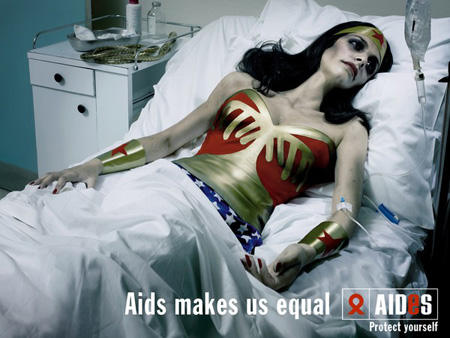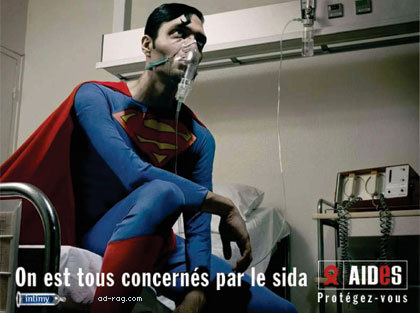I walked out of anatomy lab a few minutes ago. Tomorrow is the lab practical exam. Earlier in the week we got an email that said the lab would be open today from 8-10 AM and 3-5 PM. I though the 8-10 AM time slot was kind of odd. All of the first years had a Cell Structure & Function exam at 8:30. Eighty-seven questions and two hours allotted. Even though you could leave whenever you finished, I don’t think many people actually got to squeeze some lab time in before 10.
So I go into lab at 4 PM and figure a good hour reviewing my cadaver and radiographs would be helpful. That place was packed! Shouldn’t be surprised. The day before practicals, the lab is always packed. But it seemed like there was a panicked frenzy… People were going here and there quickly. Stress levels were pretty high — higher than usual.
Monday was the anatomy written exam. I think the class average was about 71%. Of the 3 anatomy exams we’ve taken, this was the lowest average. That might explain the commotion.
In forty minutes, one of the biochem professors will hold a review. That exam will be on Thursday (along with a Pulmonary Physiology Exam).
Alright, off I go to do some more studying…








